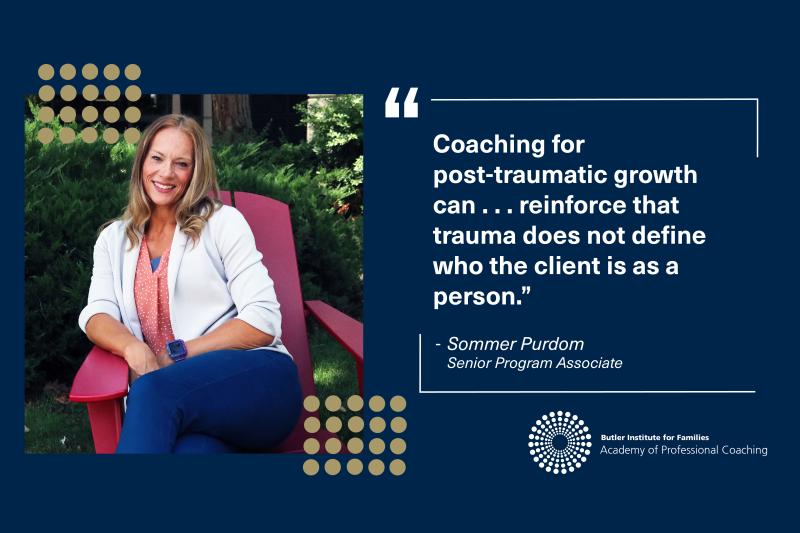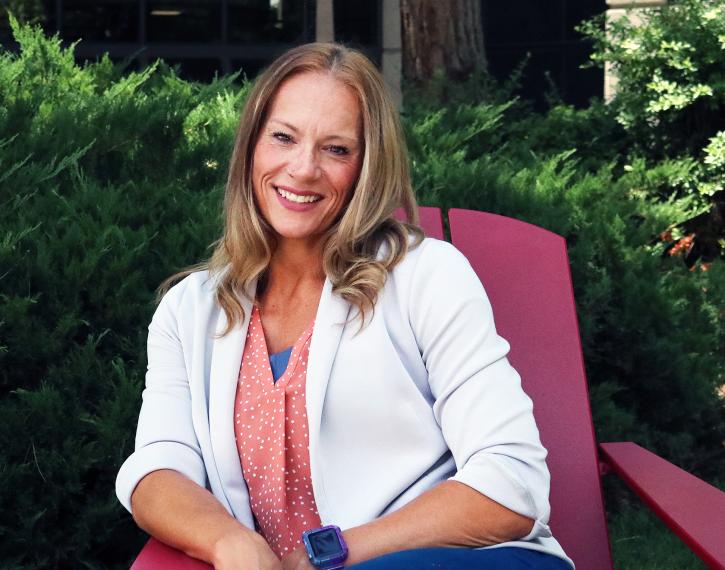Spring is my favorite time of the year. It marks a time of change and growth that I find refreshing and serves as a reminder that, with the right support and care, anything can grow into something beautiful. During the spring, I begin the process of preparing the ground for my garden. To have the foundation for a healthy and fruitful garden, I need to make sure that my soil will provide the nourishment the flowers and plants need. Continually caring for my soil before planting, during the growth of my garden and even after everything dies or hibernates for the winter is key to a beautiful and plentiful harvest.
After working in the service field for many years, I discovered that people need that same repeated and diligent foundational support to grow into the best version of themselves, especially after a person has experienced trauma. I have seen firsthand how trauma can physically, emotionally and psychologically restructure a person’s foundational beliefs in themselves and the world around them. When someone has experienced trauma and finds themselves struggling with trauma responses, such as emotional dysregulation, poor impulse control, sleep disorders, anxiety and difficulty forming relationships, they begin to adapt to this distorted perspective that “this is who I am now.” As they emerge from their traumatic experience, they start to believe that they have become a person who is not enough or that their experiences have made them less of the person they were before they experienced that trauma. However, it is possible to experience positive psychological transformation following trauma. According to the American Psychological Association, the theory of post-traumatic growth tells us that we can rebuild our foundation with the beliefs that we are not defined by what happened to us and that anything is possible as long as we believe in ourselves.
I love being a trauma-informed coach because I can help guide people back to their true self. Coaching for post-traumatic growth can increase a client’s self-awareness, aid in the development of emotional intelligence, encourage the formation of positive relationships and reinforce that trauma does not define who the client is as a person. Trauma-informed coaching supports post-traumatic growth by moving a client from the past to the present and supporting them through identifying skills that will anchor them back to the here and now. The coaching process encourages learning ways of letting go of old habits that are no longer serving the coaching participant and identifying a new sense of purpose. Trauma-informed coaching ensures you have someone supporting you along the journey as you navigate your trauma responses, which works to heal your core beliefs about yourself and what you are capable of. Healing is a journey meant to be supported and never walked alone, and working with a coach helps you ensure your soil is prepared to sustain your growth in a healthy way.
"A healed life is always a work in progress, not a life devoid of all traces of suffering, but a life lived fully, deeply and authentically, compassionately engaged with the world."
- Miriam Greenspan

